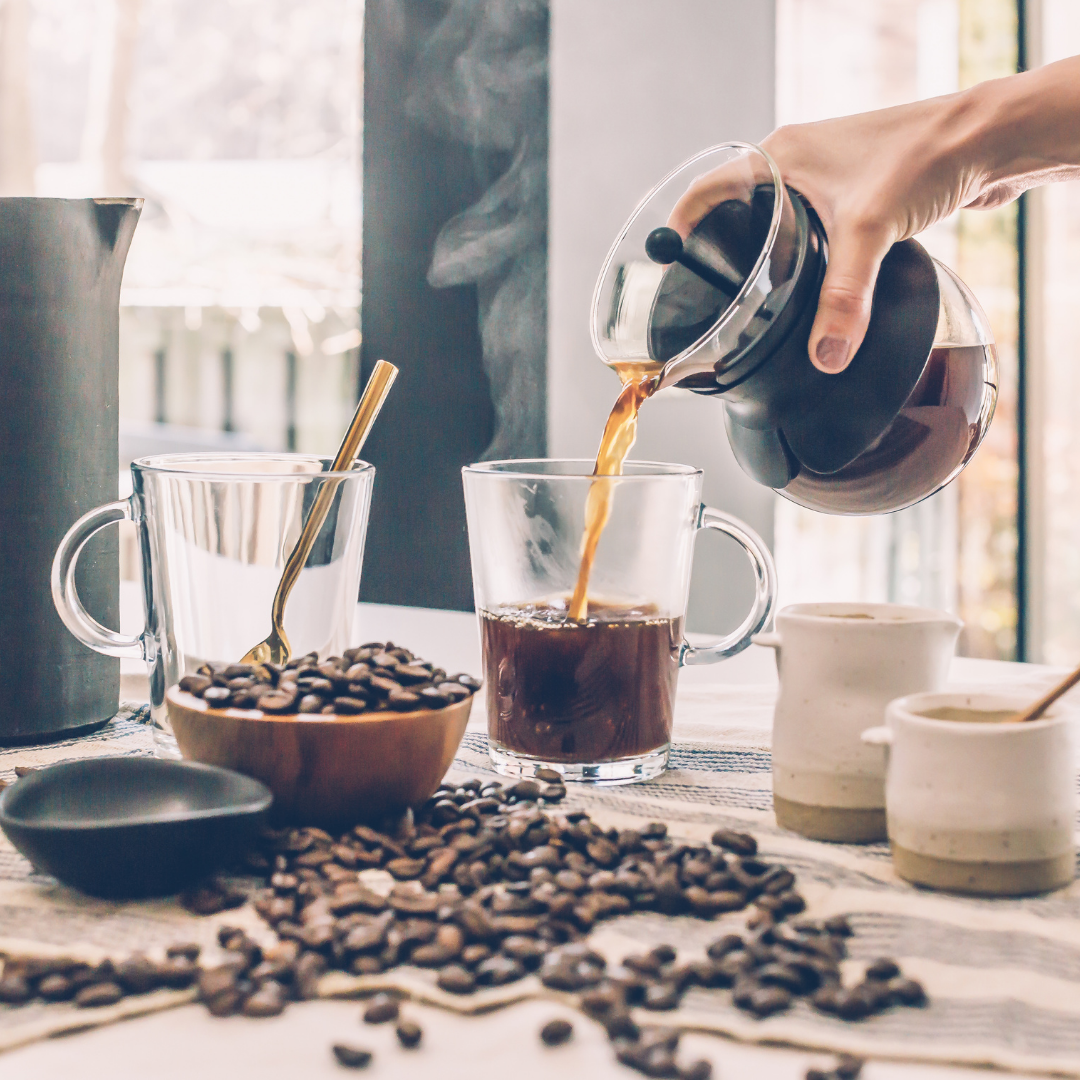What actually makes specialty coffee, a specialty? There are quite a few contributing factors, but simply put, specialty coffee is just higher quality coffee. It also is often more taste-specific rather than the “made for the masses” options you’ll find in the grocery stores. The best comparison is craft beer vs. a mass-produced brand like Budweiser or Coors.
So how do you know if a coffee is high quality? While you could probably take an entire course or read a whole book on the specifics of coffee quality (trust us, there are some experts that feel very strongly about it), but let’s break it down with some simple factors that are more likely to apply to most of you!
Single Origin
The highest quality lots of coffee in the world aren’t available year round, or even in large enough quantities for major, mass-producing coffee brands to use. To get around this issue, many large-scale roasters will offer blends. This allows them to switch out components as needed to continue to produce the same amount of coffee and meet demand, without too much change in the final cup flavor.
While there’s nothing wrong with blends, single-origin coffees tend to be fresher and really showcase the flavors of that region.
Type of Bean
There are two types of coffee beans used in roasting: Robusta and Arabica. Arabica beans are higher quality and will typically have a better, smoother taste. Robusta beans, however, are usually cheaper and large brands often incorporate them into their blends (as we mentioned above) to cut down on cost and meet high demand.
Flavor Notes
Most coffee isn’t made with any added flavors. Coffee from different regions have particular tastes and flavors that resemble foods like chocolate, berries, sugar, caramel, graham crackers… the list goes on. When you see the description on a coffee, such as our Freedom roast, describing notes of hazelnut and dark chocolate, those are naturally occurring flavors thanks to the Colombian region our beans our sourced from.
Terms like “smooth” and “bold” are general terms that tend to describe whether the coffee has a clean or muddy taste, or if the coffee tastes weak or strong. Descriptions aren’t a huge indicator of quality but when more specific descriptions are used, you can assume that the roaster took more time to really taste the coffee and bring out certain flavors during the roasting process.
Grounds vs. Whole Bean
Whole bean coffee stays fresher, longer. In fact, a roasted coffee bean can have over 1,000 different aromas, oils, and acids, which are all better preserved in whole bean form. As soon as it’s ground and broken up, the surface area of the beans increases and more of these aromas, oils, and acids are released and begin to oxidize, which results in a stale taste.
For these reasons, whole bean is the way to go if you want a fresh taste that has all of the coffee’s original flavors. You can read more about tips to keep coffee fresh on our other post about it here!
These are only a few factors that influence the quality of coffee but they’re some easy guidelines to pay attention to as you search for great coffee. If you’re tired of the big grocery store brands, we welcome you to try Revere Coffee Company!
We source high quality Arabica (only!) beans and roast them in small batches made-to-order. We package them right away and send them to you so you can have the freshest coffee possible! We also donate 10% of all profits to the Gary Sinise Foundation and LiftFund, because we believe in great coffee, and supporting our nation’s military, first responders, and small businesses.


